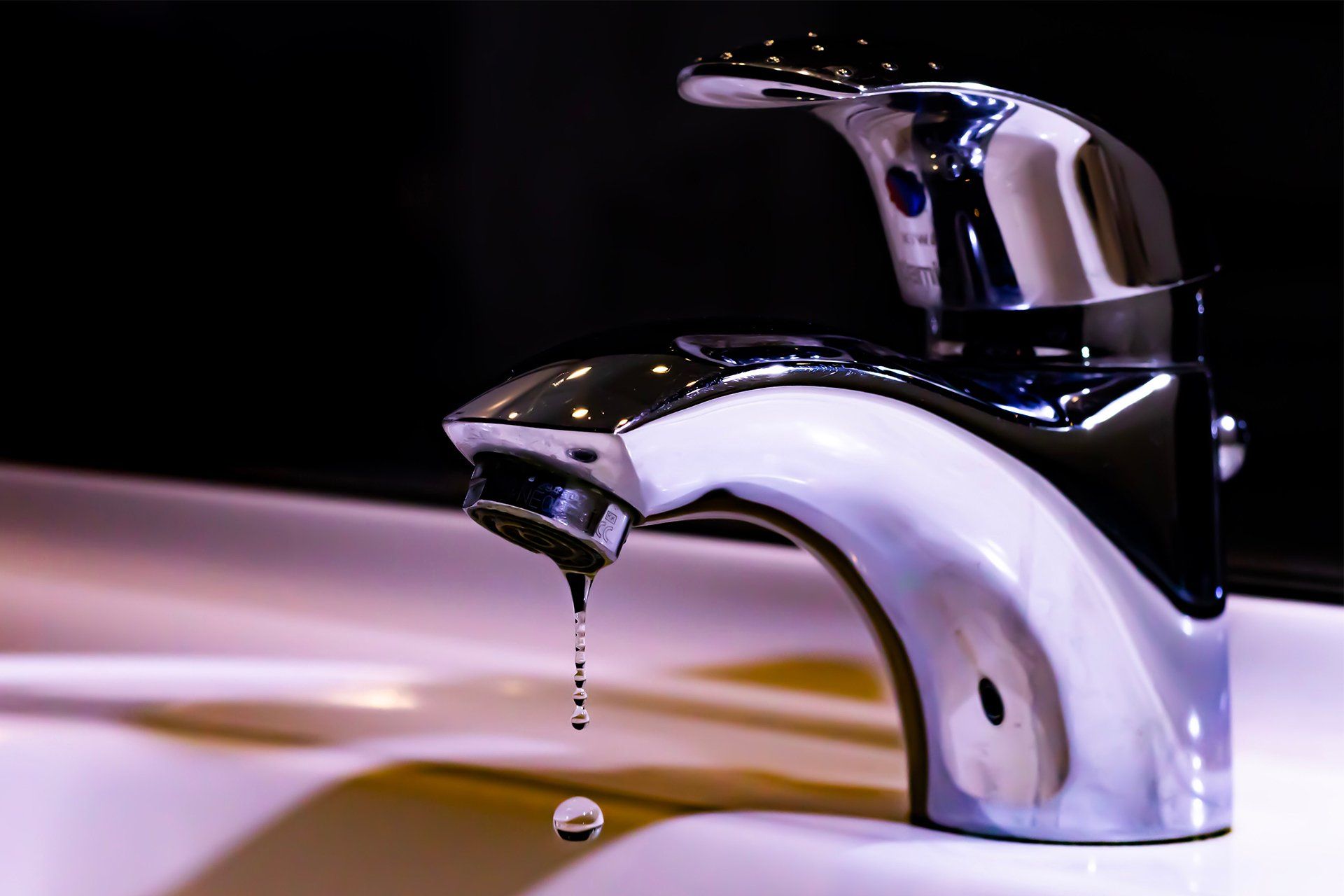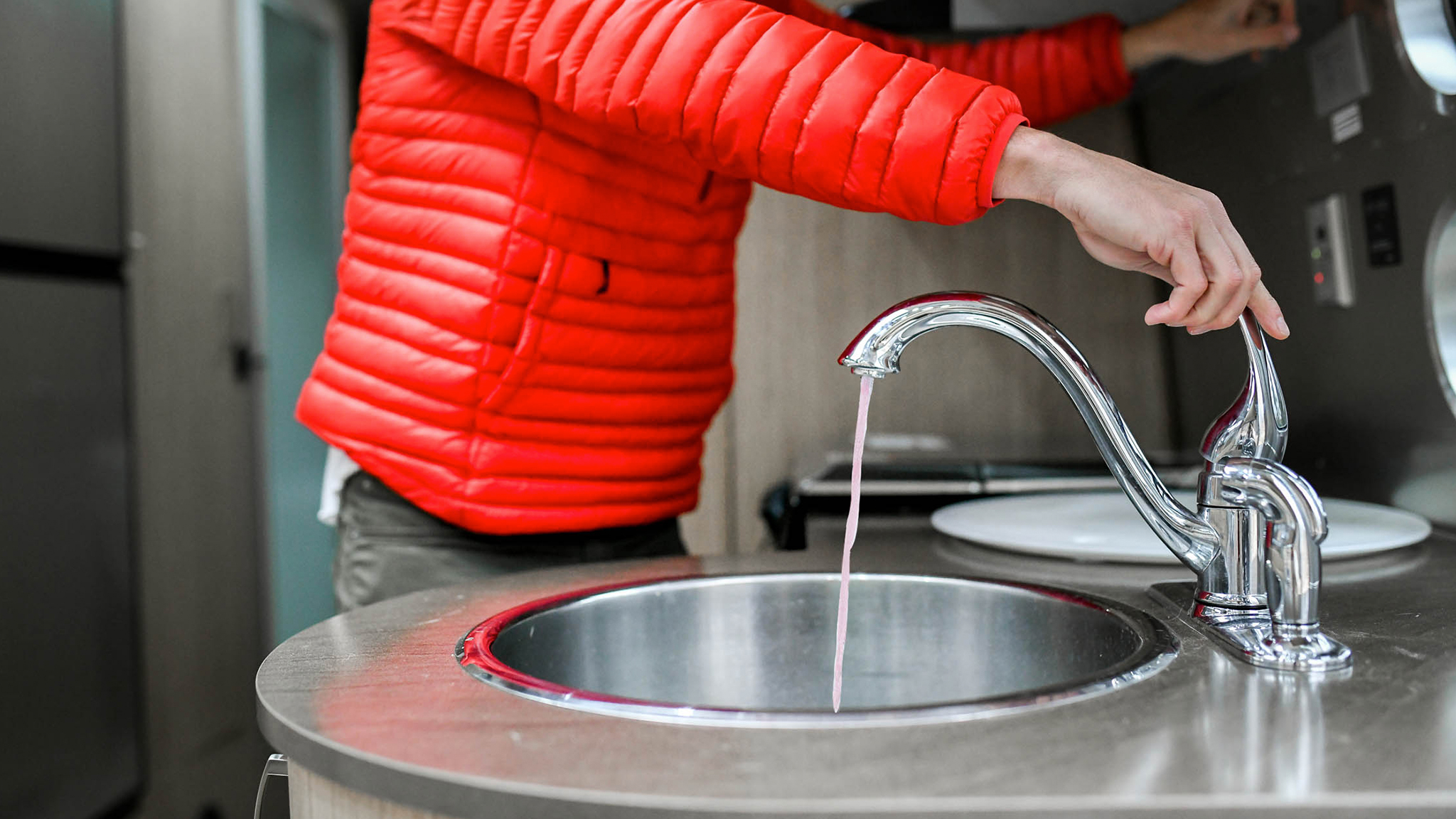Learning Pipe Winterization: Five Key Hacks to Use in Frigid Temperatures
Learning Pipe Winterization: Five Key Hacks to Use in Frigid Temperatures
Blog Article
Just how do you actually feel in relation to How to stop pipes from freezing during the winter?

All homeowners that reside in warm environments need to do their best to winterize their pipelines. It is something you should do during fall before deep winter absolutely begins. Failing to do so can mean disaster like frozen, broken, or ruptured pipes. If the climate outside is shocking, here are some convenient winterizing hacks to keep your plumbing system secured even.
Activate the Faucets
When the temperature declines and it appears as if the cold temperature level will last, it will aid to turn on your water both inside your home and also outdoors. This will maintain the water flowing with your plumbing systems. On top of that, the movement will reduce the freezing procedure. Especially, there's no need to turn it on full force. You'll wind up wasting gallons of water by doing this. Instead, aim for regarding 5 declines per min.
Open Cupboard Doors Hiding Plumbing
When it's chilly outside, it would certainly be valuable to open up closet doors that are concealing your pipes. Doing this little trick can keep your pipelines cozy and also restrict the potentially unsafe end results of freezing temperature levels.
Take Some Time to Wrap Exposed Pipes
One easy and great hack to heat up icy pipes is to cover them with cozy towels. You can cover them initially with towels. After protecting them in place, you can pour boiling water on the towels. Do it gradually to let the towels absorb the fluid. You can also use pre-soaked towels in hot water, simply do not forget to put on safety gloves to protect your hands from the heat.
Attempt a Hair Dryer or Heat Weapon
When your pipes are virtually freezing, your reliable hair clothes dryer or warmth gun is a blessing. Bowling warm air directly right into them might help if the hot towels do not aid remove any kind of settling ice in your pipelines. Nonetheless, do not use various other objects that create direct flames like an impact torch. This can result in a larger calamity that you can not control. You might wind up damaging your pipelines while trying to thaw the ice. And also over time, you might also wind up shedding your house. Be cautious!
Shut Off Water When Pipes are Frozen
If you observe that your pipelines are completely frozen or practically nearing that stage, transform off the main water valve right away. You will normally locate this in your cellar or laundry room near the heater or the front wall closest to the street. Transform it off today to stop further damage.
Don't forget to shut outside water resources, as well, such as your connection for the yard home. Doing this will certainly stop additional water from filling up your plumbing system. Unfortunately, with more water, more ice will accumulate, which will at some point result in burst pipes. It is best to call an expert plumber for an evaluation if you are uncertain about the state of your pipelines this winter months. Taking this aggressive technique can save you countless dollars in repairs.
All house owners who live in temperate environments need to do their best to winterize their pipes. Failing to do so can lead to catastrophe like frozen, fractured, or burst pipes. If the warm towels do not help displace any kind of clearing up ice in your pipes, bowling warm air straight into them might help. Turn off the major water valve immediately if you see that your pipes are completely icy or practically nearing that stage. With even more water, more ice will certainly pile up, which will at some point lead to burst pipelines.
PREVENT YOUR PIPES FROM FREEZING THIS WINTER
A Leading Cause of Property Damage
When the weather is taking a deep nose dive into the cold dreary days, the risk of your pipes freezing and potentially bursting skyrockets. Unfortunately, during these cold dreary months, burst pipes are the most common denominator for property damage. The pipes that are most at the risk are those that are in areas where it is most cold in your home. For instance, pipes located in interior places such as basements, attics, and your garage. Unfortunately, that doesn’t mean that the pipes running through your cabinets or exterior walls can’t freeze. Good news, however, is that you can do things to help prevent pipes from freezing.
How to Prevent Pipes From Freezing
Once the temperature starts to drop during the winter, you should be taking the proper measures needed to ensure that your pipes stay warm and that there is circulation of water through them. Some steps that experts may recommend could go against your better judgement when it comes to saving water and heat. However, it would go without saying that when expenses are compared, damaged pipes could put a bigger dent in your wallet than a water bill.
What Can I Do?
Keep your garage door closed. This is very important, especially if you have water supply lines running through your garage. Open your kitchen and bathroom cabinets to allow warm air to circulate through them. Allow air circulation throughout your home. Keeping the interior doors open will once again allow the warm air to circulate inside your home. Ensure your thermostat is running the same temperature throughout the night and day. If you plan to be away from home during the cold months, set your temperature no lower than 55° F. This should provide enough heat to keep the pipes warm and prevent any remaining water inside the pipes from freezing. For more of a long-term solution, add insulation to attics, basement, and other crawl spaces around your home. By allowing your faucet to drip, it will alleviate pressure in the system. This is important because the pressure that is created between the blockage and the faucet can potentially cause the pipes to burst. Allowing the faucet to drip will prevent the pressure from building up, therefore keeping the pipes from bursting. Seal any cracks, openings, and crawl spaces around your home to prevent cold air from coming inside. This keeps your pipes-not to mention your home-warmer and less susceptible to issues caused by freezing temperatures. For the pipes in your home that are easily accessible, applying electrical tape to them might prevent them from freezing over. This is a quick fix, as you can apply the tape directly to the pipe. There are two options for heating tapes. One turns on and off by itself when it senses heat is needed. The other type of heating tape needs to be applied when heat is needed and removed when not necessary. If you have exposed pipes in your home, you can check this website to take a look at a few options that would be available at a shop near you.

We hope you enjoyed our article about How to Prevent Frozen Pipes. Thanks a lot for taking the time to read our short article. Sharing is caring. Helping people is fun. Thanks for taking the time to read it.
This Website Report this page